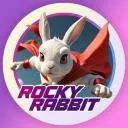



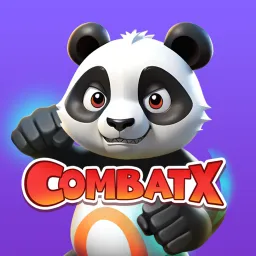
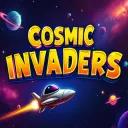


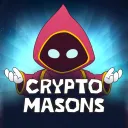
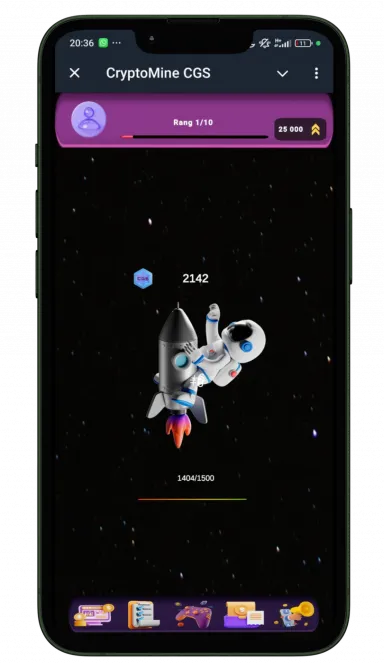

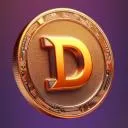





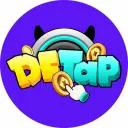
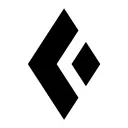
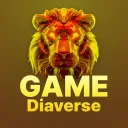





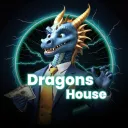
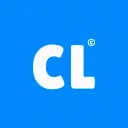



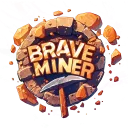

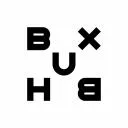

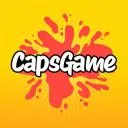


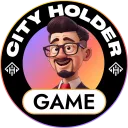
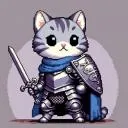

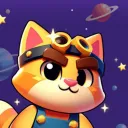
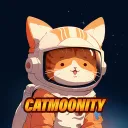

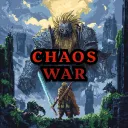
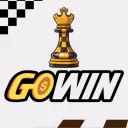
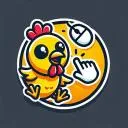


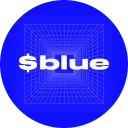
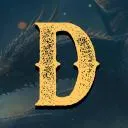


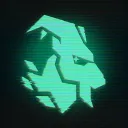



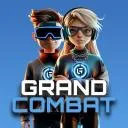
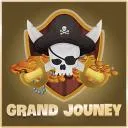



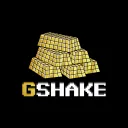





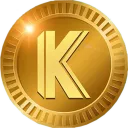
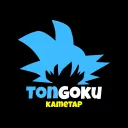
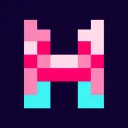

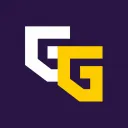
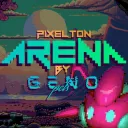

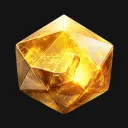

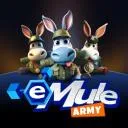


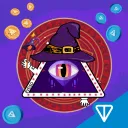

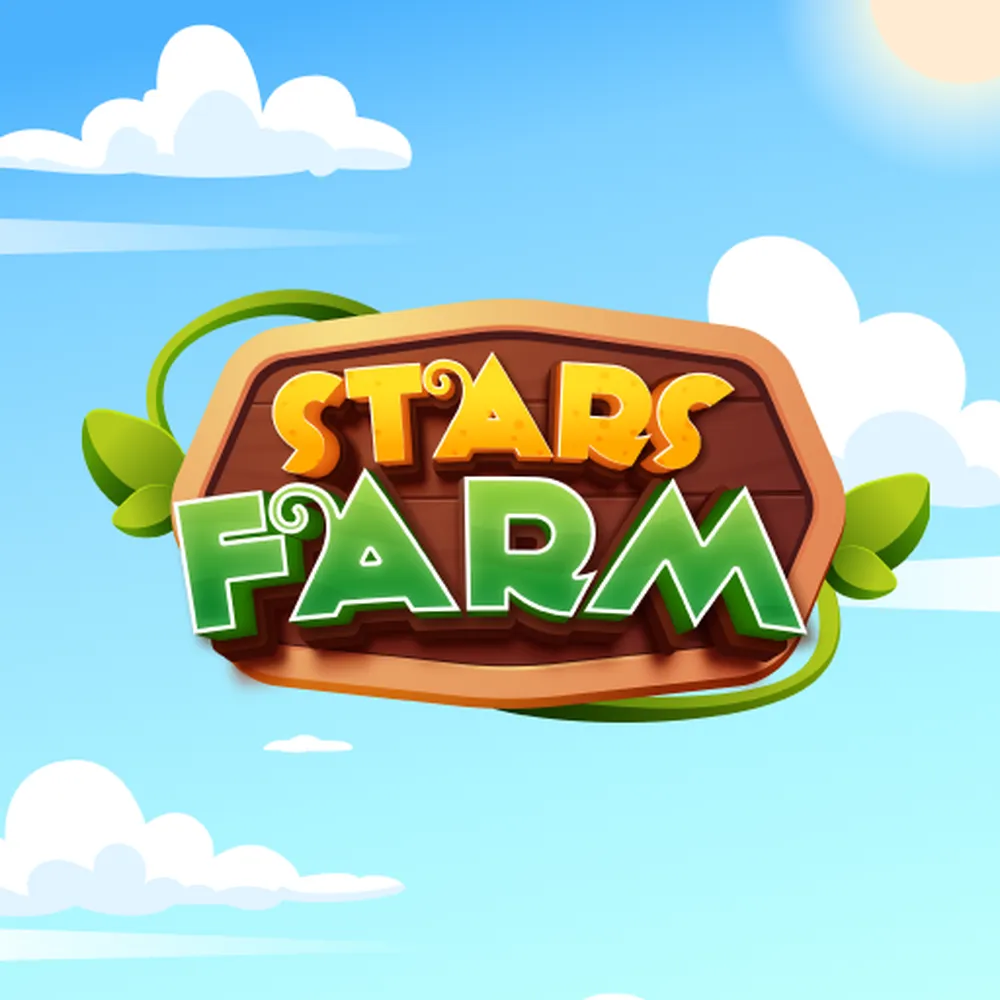


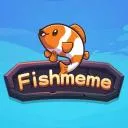
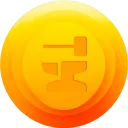
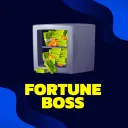


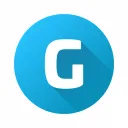






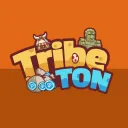
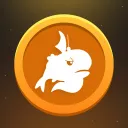





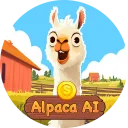



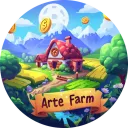

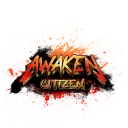



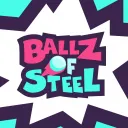


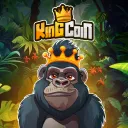



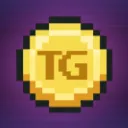
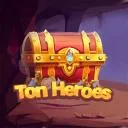
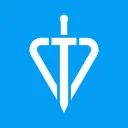
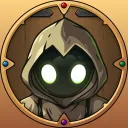

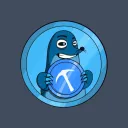

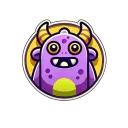
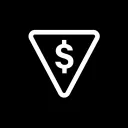
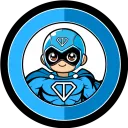

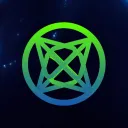
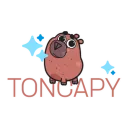
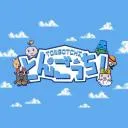
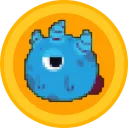
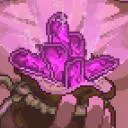






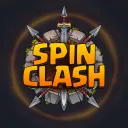


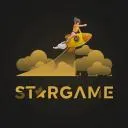

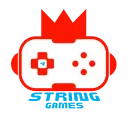
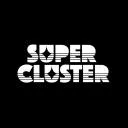

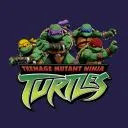
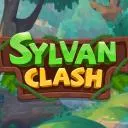


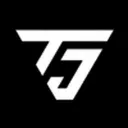



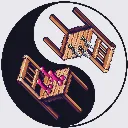

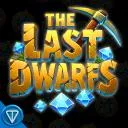

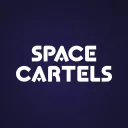
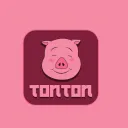


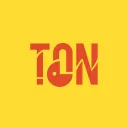




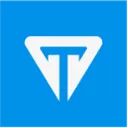

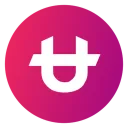
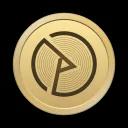
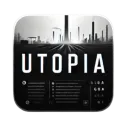



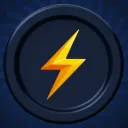

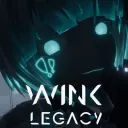

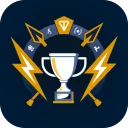
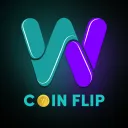


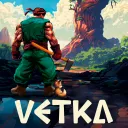
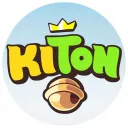
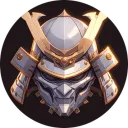
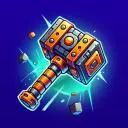

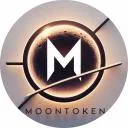






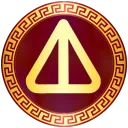

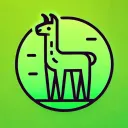

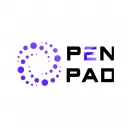
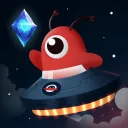

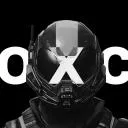


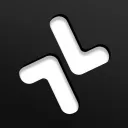



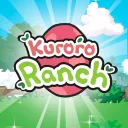
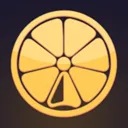
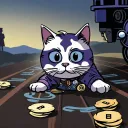



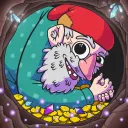
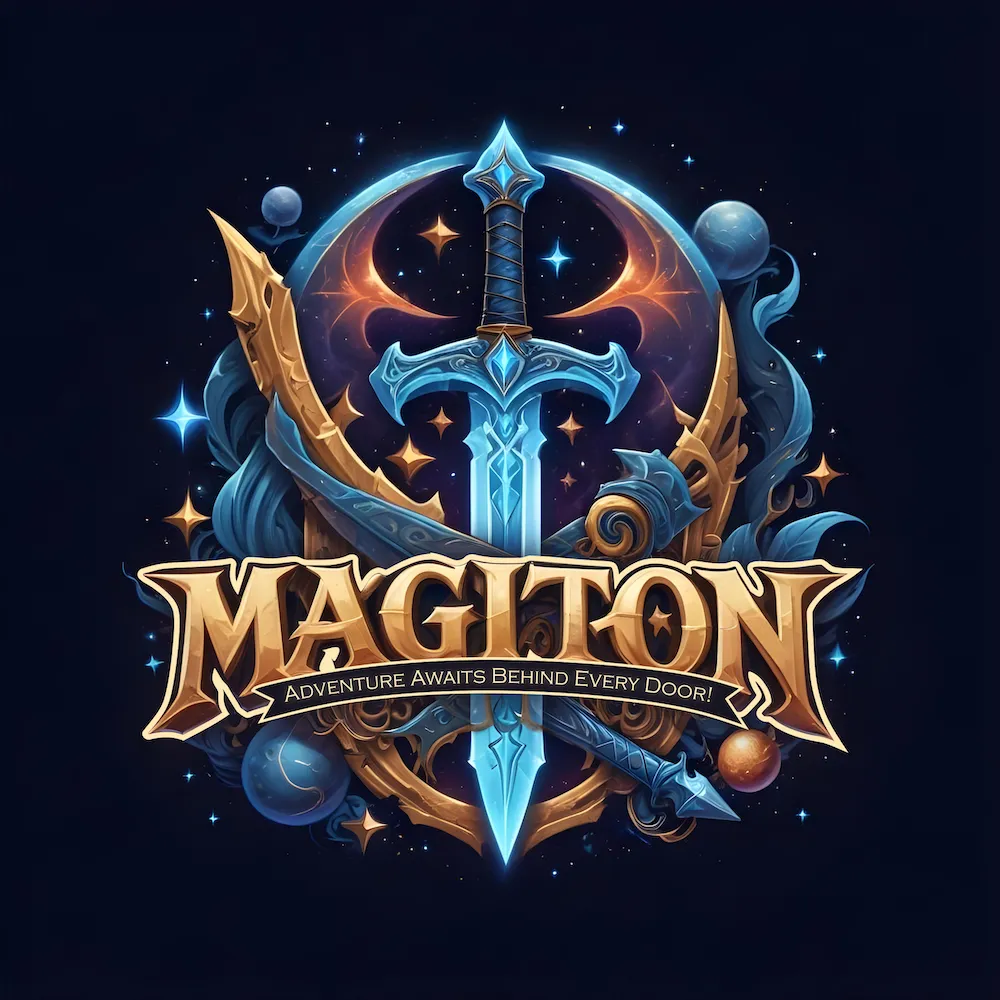




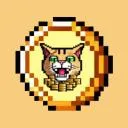
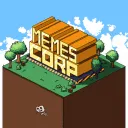


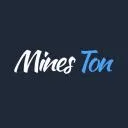
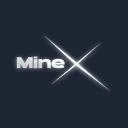
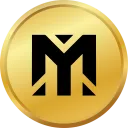
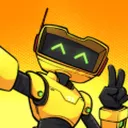







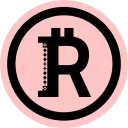




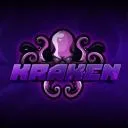
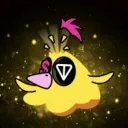
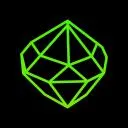


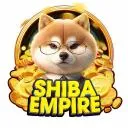

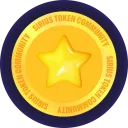
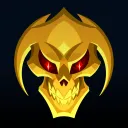


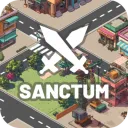
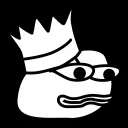




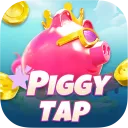
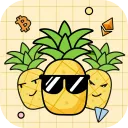

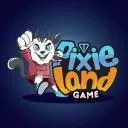
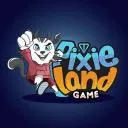




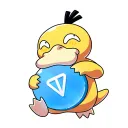



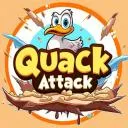


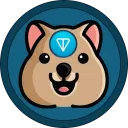
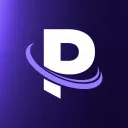








































































































































































































Additionally, blockchain integration enables the creation of entirely new game genres, including token games that combine gameplay with real-world value. Players can now participate in vibrant economies, trade unique digital items, and enjoy a variety of interactive features that traditional games cannot match. This new wave of crypto game development is revolutionizing the entertainment landscape.
TON games leverage The Open Network’s cutting-edge technology to deliver fast, scalable, and secure blockchain applications. Originally created by Telegram’s developers, TON is a multi-shard blockchain capable of handling high transaction volumes with low fees—key qualities for supporting demanding gaming environments.
The blockchain’s robust architecture is ideal for building token games and other decentralized apps. Its seamless integration with wallets and messaging platforms allows users to access TON new games effortlessly. This combination of speed and user-friendliness is attracting both gamers and developers eager to explore blockchain’s potential in gaming.
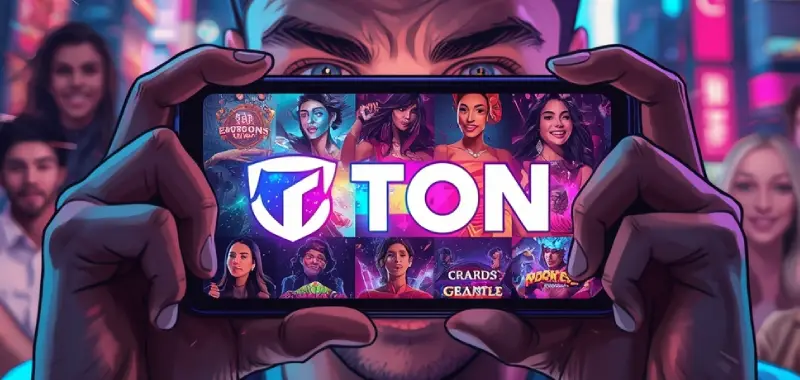
Blockchain is transforming how players interact with digital games by introducing verifiable fairness and decentralized ownership. Unlike traditional games, blockchain titles let players retain full control over their assets, which are securely stored on the blockchain as tokens or NFTs. This empowerment has paved the way for the rise of game crypto ecosystems that reward player involvement.
Moreover, blockchain supports new business models where players can monetize their gameplay. Through crypto game mechanics, users earn tokens that have real value and utility across platforms. This innovation is opening fresh avenues for creativity and financial participation in the gaming world.
A defining characteristic of TON games is their transparent and secure nature. Smart contracts govern all gameplay logic and token transactions, removing the need for centralized intermediaries. This automation guarantees fair play and fosters trust between players and developers.
In addition, token games on TON often integrate dynamic economies where players earn, trade, and spend crypto assets within immersive worlds. These ecosystems incentivize long-term engagement and community building, making blockchain games much more than simple entertainment.
One of the most revolutionary aspects of TON new games is the empowerment of players through true decentralized ownership. Digital assets such as skins, characters, or collectibles exist as tokens that players fully control. These assets can be securely traded or sold on open marketplaces, independent of any centralized authority.
This model drastically reduces the risk of asset loss or censorship, which plagues conventional gaming platforms. By enabling users to hold their in-game items as transferable tokens, token games provide an unprecedented level of freedom and financial opportunity.
Security in TON games is reinforced by blockchain’s cryptographic foundation. Transactions, asset transfers, and game actions are validated through decentralized consensus, minimizing risks of fraud and hacking. Players retain exclusive access to their assets through private keys, ensuring full control.
Furthermore, developers on TON implement comprehensive security measures such as thorough code reviews and secure communication channels. These approaches make blockchain-based games more secure compared to many conventional online gaming platforms.
Transparency is a key feature of blockchain-based games on TON. Game mechanics, results, and rewards are governed by open-source smart contracts that anyone can inspect. This level of openness helps prevent cheating and builds trust within the player community.
Fair distribution of in-game tokens and rewards ensures players compete on an even footing. Games with the best story and immersive mechanics benefit immensely from this system, creating communities around genuine and equitable gameplay experiences.
A number of groundbreaking titles have become frontrunners within the gaming ecosystem, highlighting the platform’s wide-ranging capabilities.From engaging horror games that offer thrilling blockchain-enabled narratives to casual party games with token rewards, the variety caters to a broad spectrum of players.
Additionally, seasonal hits like christmas games and educational baby games enrich the catalog, combining entertainment with crypto incentives. These diverse offerings demonstrate how TON’s infrastructure supports both niche and mainstream blockchain gaming experiences.
Choosing these games means accessing secure, fast, and player-focused experiences. The low transaction costs and quick confirmation times provided by TON’s architecture allow for smooth gameplay, especially important in fast-paced game crypto titles.
Furthermore, the integration of blockchain-based features provides players genuine opportunities to earn, trade, and own digital assets. This economic dimension transforms gaming from a pastime into a rewarding activity, fostering greater community engagement and longevity.
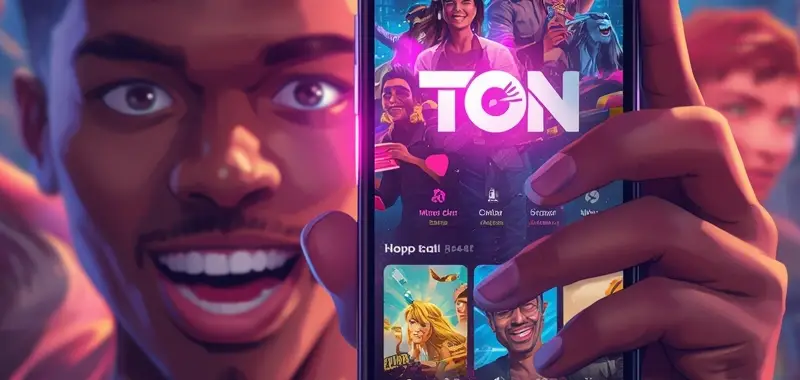
Players in TON enjoy verified ownership of all digital items through blockchain tokenization. This ownership is immutable and transferrable, setting these games apart from traditional platforms where assets are controlled by centralized servers.
The authenticity of in-game assets promotes trust and value. Gamers can confidently buy, sell, or showcase their collectibles in a vibrant marketplace supported by secure blockchain mechanics.
Crypto game designs on TON often include mechanisms that reward players for their skill, time, and contributions. Earning tokens through achievements, staking, or governance participation empowers users to benefit directly from their gameplay.
These rewards not only increase player motivation but also help build active, engaged communities. The fusion of entertainment and economics is a defining feature of TON blockchain gaming.
Security remains paramount, with blockchain technology providing a tamper-proof foundation. Private key ownership, smart contract enforcement, and network decentralization safeguard player assets against fraud or theft.
These layers of protection are especially critical for game crypto environments where real value is exchanged. Users can enjoy gaming with peace of mind, knowing their investments are secure.
A standout feature of many good story games on TON is the participatory approach to development. Players often have input on game updates, tokenomics, and feature rollouts through decentralized governance models.
This community involvement fosters trust and aligns developer incentives with player interests. As a result, games evolve based on real user feedback, creating more satisfying and sustainable experiences.
Despite its advantages, blockchain gaming on TON faces hurdles such as technical complexity and user education. Many new players find managing wallets and tokens intimidating, which can slow adoption. Simplifying these interfaces remains a critical focus.
Scalability also poses challenges as the number of users increases. While TON’s multi-shard system improves performance, developers must ensure games remain responsive under heavy load. Additionally, regulatory uncertainties surrounding most popular word games require ongoing attention.
The future of gaming on TON looks promising as the ecosystem expands and technologies advance. Integration with virtual and augmented reality has the potential to create fully immersive gaming experiences, pushing the limits of interactive entertainment.
Moreover, as more developers create sophisticated games with digital economies, player communities will mature and diversify. This growth will position TON as a leading platform for next-generation blockchain-based gaming, blending enjoyment, ownership, and real-world value.
Read also:
Blockchain gaming on TON offers a new paradigm where transparency, security, and player empowerment come together to redefine digital entertainment. By leveraging decentralized technology, these games eliminate many of the traditional limitations and risks associated with centralized platforms, such as unfair practices and lack of true ownership. Players benefit from verifiable fairness and immutable records, which enhance trust and engagement. As the ecosystem continues to evolve, it promises increasingly immersive experiences that blend innovative gameplay with the advantages of blockchain’s openness and security.
These games stand out by offering true ownership of digital assets, clear and transparent game mechanics, and built-in digital economies. Unlike conventional games, players maintain complete control over their in-game items, ensured by the unchangeable nature of blockchain technology.
Moreover, they encourage active player involvement by rewarding skill and participation, fostering a more engaging and fair gaming experience.
Games built on TON utilize blockchain’s cryptographic security to protect assets and game logic. Smart contracts automate processes and prevent tampering, while private keys ensure only the owner can access tokens.
This layered security approach makes gaming environments more trustworthy compared to centralized systems vulnerable to hacks or fraud.
Yes, all assets are tokenized on the blockchain, granting players true ownership. These assets can be traded, sold, or transferred without restrictions imposed by central authorities.
This freedom encourages vibrant marketplaces and cross-game interoperability, enhancing the value and utility of digital items.
Many gaming titles include earning mechanisms where players receive rewards for achievements or participation. These rewards can hold real-world value, providing potential income opportunities.
However, profitability depends on market conditions and player commitment. Users should approach such games with careful research and realistic expectations.
Developers must overcome issues such as user experience complexity, scalability, and compliance with evolving regulations. Creating intuitive wallets and game interfaces is essential to onboarding wider audiences.
Additionally, ensuring smooth gameplay during peak demand and educating users about blockchain concepts remain ongoing challenges within the ecosystem.